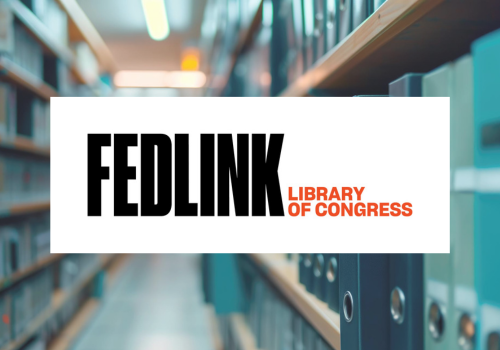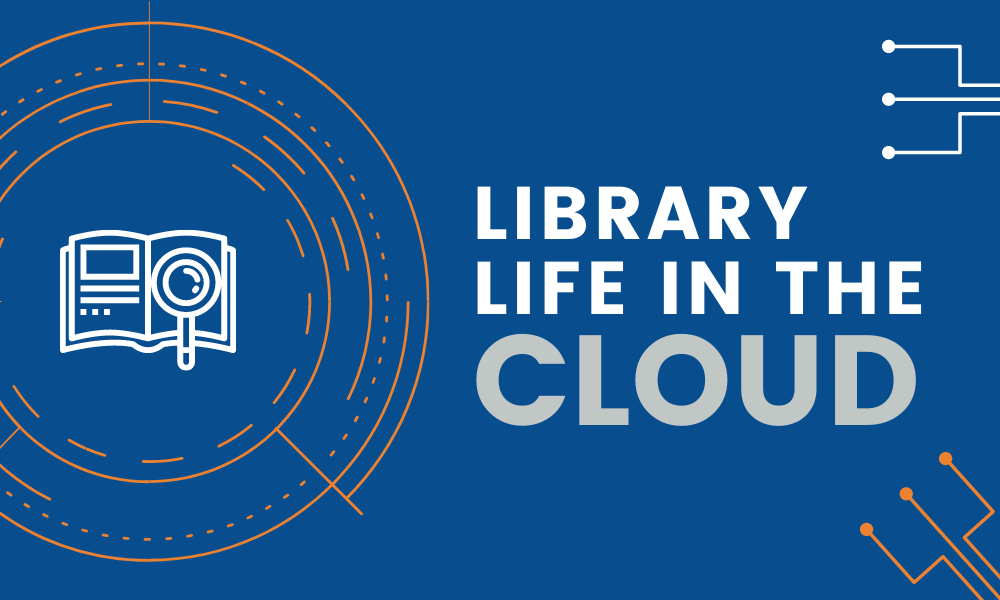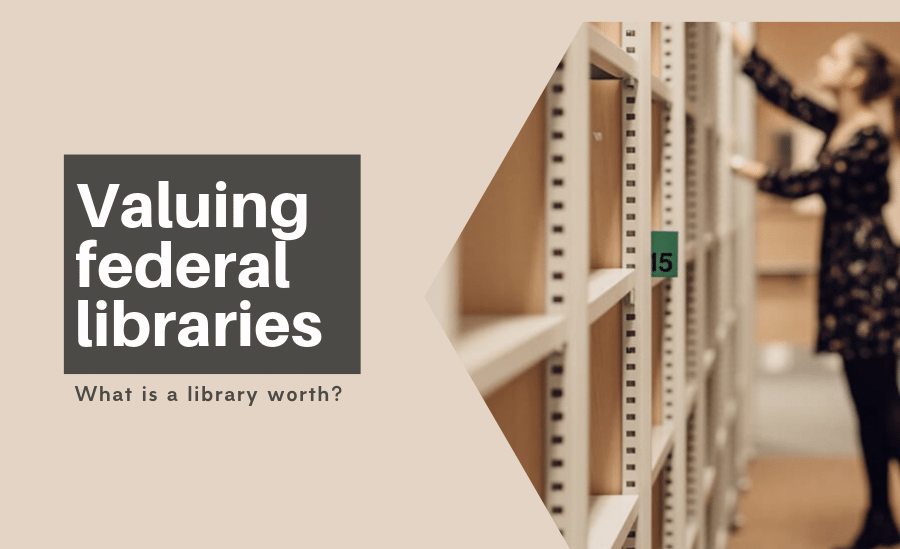I’m Erin Antognoli, and I work as the Metadata Librarian on-site at the National Agricultural Library, Knowledge Services Division (NAL/KSD). While I work with metadata a considerable amount, the small size of our division allows me a variety of day-to-day activities, so my title reflects only a portion of the work I do.
Making a scientific database useful and user-friendly
I spend a great deal of time on the Ag Data Commons, a scientific database to house datasets, data tools and other data information that Agricultural Research Service (ARS) scientists and collaborators produce. I often communicate directly with these data contributors because our system is in beta. We constantly make changes to the user interface, features and data fields available based on user input and feedback. We want to create a system that is both useful and user friendly, and my active correspondences assure that we understand what the primary database users want and need.
On the other end of the spectrum, I meet regularly with the in-house and remote contract developers tasked with the coding and technical end of creating and updating the Ag Data Commons. Between impromptu meetings with our in-house staff and short tri-weekly Skype meetings and GitHub correspondences with our remote contractors (who work in places like New York, North Carolina, and Tunisia), the job requires significant project management and collaboration. Everyone works together to identify, assign, and complete work tickets to update and improve the user interface and experience.
As the developers add and update features, I put the Ag Data Commons through rigorous testing and evaluation before releasing them to the general public. I was told that communicating effectively with developers can be a challenge, but their team has been great and I enjoy the opportunity to interact with not only customers, but technical staff as well.
Managing the many standards for metatdata
Because we accept bulk metadata ingest as well as manual dataset creation, I also spend a good amount of my day mapping the transfer from the submitted metadata standards to the Ag Data Commons standard, which uses Project Open Data. This ensures the proper information ends up in the proper fields once the transfer is complete, and adds to the ease and usability of the interface.
On the geospatial and Long Term Agroecosystem Research (LTAR) side of my division’s work, I create valid ISO-compliant metadata for the GeoNetwork that KSD has set up to house its geospatial data. We primarily use the ISO 19115 and ISO 19139 standards — after learning these, I’m confident I can learn any metadata standard! The NAL GeoNetwork is not yet open to the public, but I am currently working on creating and compiling a series of ISO-compliant metadata for the shapefiles and layers that comprise the main interactive LTAR map that can be found on the Ag Data Commons. Once made public, users can download and import this data into GIS applications like ArcGIS for geospatial analysis.
Beyond metadata—other opportunities and responsibilites
In addition to LTAR data, I frequently work with genomic and life cycle assessment data and researchers. The diversity of research data our teams handle keeps work interesting, and I constantly learn new things about these fields. I also get to put other skills to use, such as policy writing, taxonomy creation, and project and workflow management. KSD was formalized as an NAL division not even 3 years ago, and is a small division at that, so I have a lot of freedom to grow professionally. The Ag Data Commons currently uses several policies I wrote, and I created and contributed to several taxonomies for the various research programs we support.
Metadata and the technical side of librarianship are not for everyone, but I greatly enjoy the complexity and variety of my position. I support the preservation of, and access to scientific data, which is a mission I take pride in advancing.



